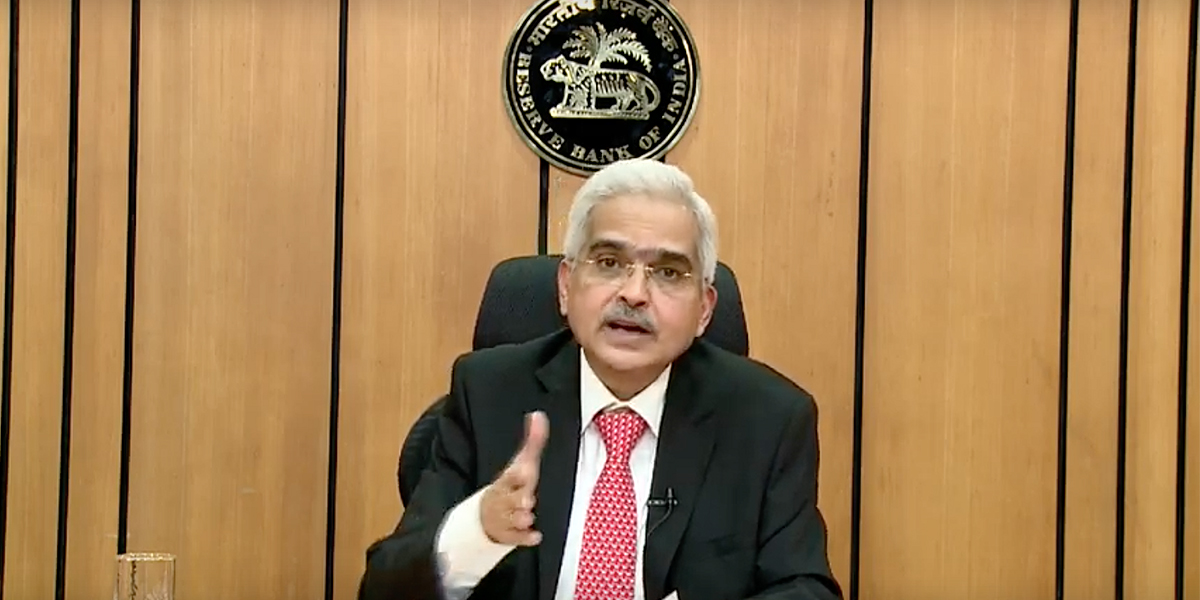India’s central bank has granted priority sector lending or PSL status to startups, a move that will help emerging companies in different sectors to access bank credit on time.
PSL is a tool given by the Reserve Bank of India to banks for providing a specified portion of their lending to a few specific sectors like agriculture and allied activities, micro and small enterprises, education, housing, social infrastructure, renewable energy, among others. Banks have to keep 40% of Adjusted Net Bank Credit towards PSL.
The granting of priority status will allow thousands of startups functioning in different fields to access timely and adequate bank credit which otherwise would have been difficult to get given the risk profile attached to their projects.
“With a view to aligning the guidelines with emerging national priorities and bring sharper focus on inclusive development, the Priority Sector Lending (PSL) guidelines have been reviewed,” said RBI Governor Shaktikanta Das in his Monetary Policy speech.
This is the first instance when RBI has included startups in the PSL category. Additionally, it has increased the credit limits for renewable energy, including solar power and compressed biogas plants.
As per the RBI guideline, banks can give loans up to a limit of Rs 15 crore for renewable energy sector, Rs 5 crore per borrower for building social infrastructure and Rs 10 lakh for education related firms.
While most startups get funding from venture capital firms, private equity players and individual angel investors, a section of well funded startups do get favoured from private sector banks such as Yes Bank, HDFC and Axis for meeting their capital requirements. However, small scale and bootstrapped startups found it difficult due to their credit history and background.
The latest move by the central bank would be a confidence booster for the startup ecosystem especially at a time when their businesses were hit due to coronavirus-induced lockdown and its after effects.














